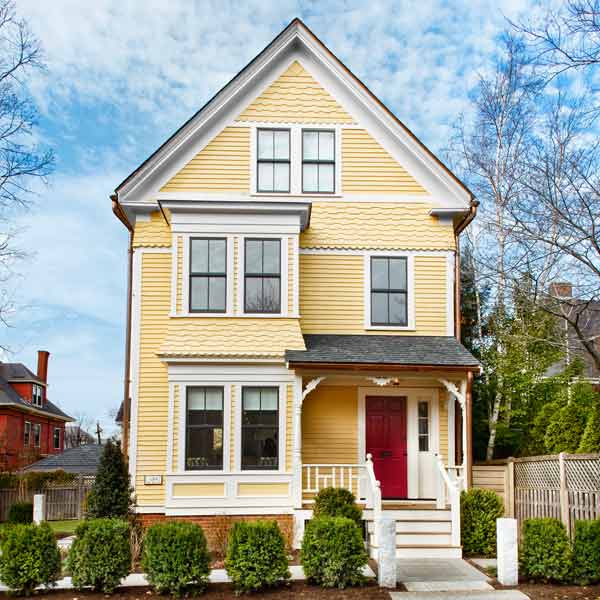New buildings simply lack the magic and character of older homes. If huge, wood-burning fireplaces, elegant wood trim and moldings and centuries-old oak trees in the front yard are what you are looking for, chances are high that you’ll end up buying an older home. But wait, did you know that ancient buildings are also potential money-traps that can drag you down into a never-ending cycle of repair and maintenance? The older the home, more are the chances that there will be problems with electrical wiring, plumbing and roofing. Not to mention the heating and cooling systems. Below is my list of the four most important things that have to be done before buying an older home.
-
Get a thorough inspection done
A thorough home inspection is the first and most essential step while buying an existing home. A seemingly low-priced home may end up costing you a whole lot of money down the road in repairs and upgrades. Some problems such as leaky faucets, water damage or major cracks in the walls may be obvious even to an untrained eye. But it requires a certified professional home inspector to identify the house’s actual potential, its hidden money-traps, and the cost you will incur if you choose to buy it. Don’t miss out on accompanying your home inspector during the visit to get first-hand knowledge of what problems you are likely to face.
-
Ask for a history lesson
Find out as much as possible about the house from its present owners. When did they buy it? What was the condition of the house at that time? Have they made any additions to the house? What repairs did they do? Did they hire get a contractor or engineer for the work? Or did they do it themselves?
Building codes and safety regulations may have changed drastically since the time the house was first built. And you may have to check what the rules are in your location. Many houses built before 1978 have at least some lead-based paint. Find out how much it will cost you to test it and remove it.
If the house is very old and you have plans to do some remodeling after you buy it, you may want to check with the local historical societies and neighborhood associations. Such organizations may have specific rules for remodeling an old house with historical value. Your real estate agent will be able to help you find out what types of remodeling are permitted and what are strictly barred. However much you like the idea of living in an old home with history, modern comforts that you are accustomed to are essential to your happiness in the long run.
-
Study the location
Many homeowners buy an old home for emotional reasons. Or because they think they can fix it up themselves and sell it later for a handsome profit. If you belong to the latter group, you have to find out whether there is good potential for appreciation in that neighborhood.
-
Get quotes from insurance companies
Insurance for an older home can be more expensive because of added risks posed by old wiring and plumbing. Even a deteriorating foundation and so on. Don’t forget to get quotes from insurance companies before making your final decision.
About Author: Kurt Jacobson is a surfing enthusiast with a background in real estate. Having moved 10 times in the past 7 years, he thrives on helping others learn from his experiences. When he’s not out shredding waves he writes about homes for househunter.co.


